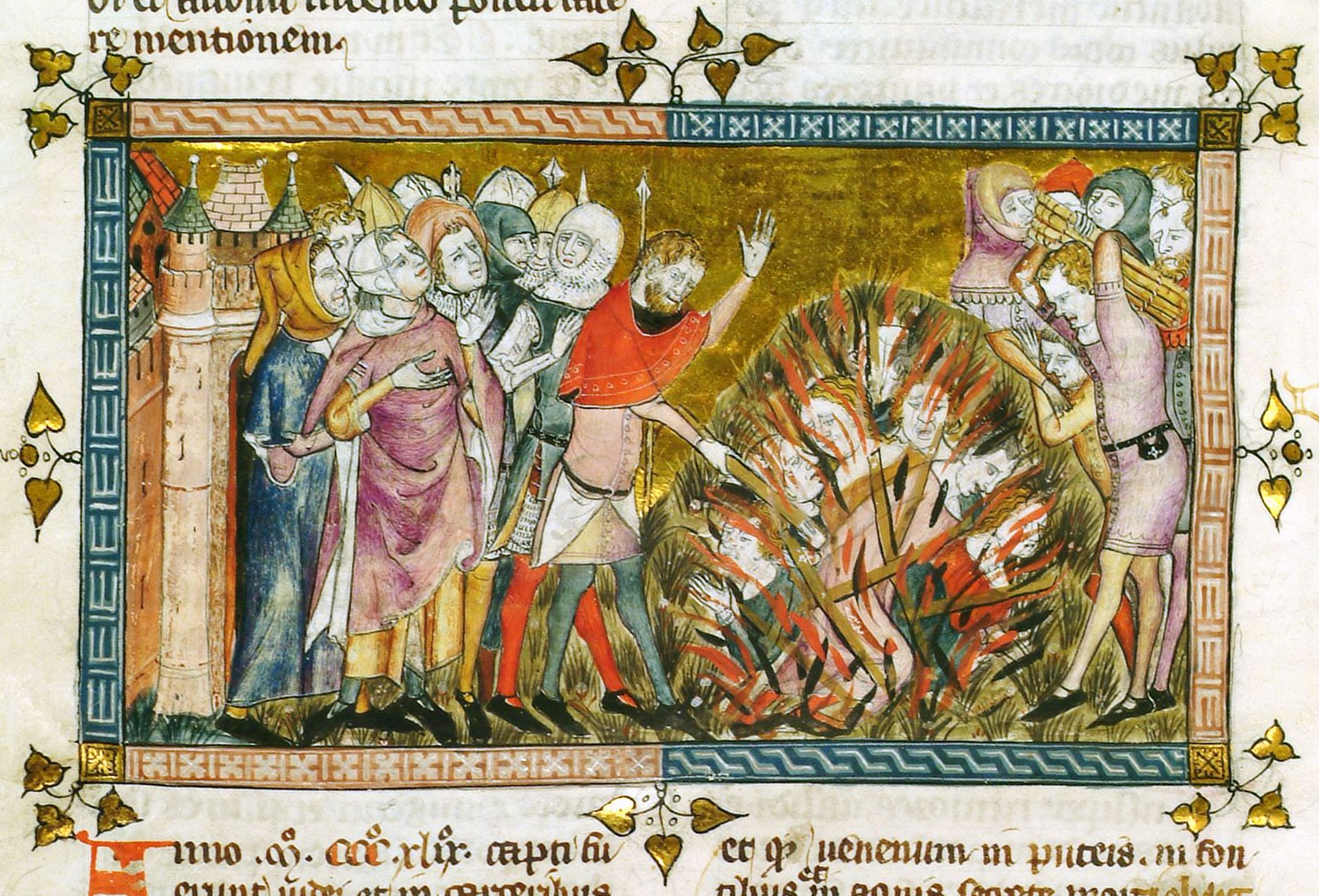“And the best of us know not when or how…”
VW Thomas Parson.
DDGM3

The recent pandemic has taken an entire planet seemingly by surprise: surely in this day and age such a thing is unthinkable? This unfortunately shows how little we learn of our History as a species: mass illness has been a part of human existence ever since humans have started recording their existence. “The” plague of 1347 – 1356 that we all learned about in school is only one of the many epidemics that have plagued humankind. A brief survey of past events brings to mind the plague of 429 B.C. in and around Athens which cut short many lives, including that of the great strategist Pericles. The XVIth and XVIIth centuries were basically a continual period of mass infections peppered with short periods of an apparent return to normal. So far this listing only considers the greater European continent: the Asian continent was not exempt from its share of epidemics, neither was the Middle-East and no doubt Australian aborigines and pre colonization native Americans and the African continent had their bouts of incomprehensible mass deaths.
Until the XIXth century a series of interchangeable terms – such as plague, pestilence, even scourge – were used to describe a wide variety of highly infectious diseases that the doctors of the past could not counter to any effective degree. Then in the XIXth century humanity had the good fortune of being granted the minds and efforts of people such as Ignaz Semmelweis, John Snow, Louis Pasteur and Robert Koch (whose names have once again become widely known as they were given to two of the greatest European research institutions that have been instrumental in the current health crisis), and many more besides these illustrious beings. Slowly but surely these scientists discovered the sources of diseases (microbiology was born); now having the culprits in their sights they continued in developing the first effective vaccines and for the first time in History humanity could not only understand and acknowledge invisible dangers but more importantly could fight back.
Yet despite our species continual improvements in understanding the physical world we evolve in, the last two years have demonstrated that knowledge has yet to surpass human fears and stupidity. In the XVIIth century “plague doctors” donned the beaked masks (the image which has become emblematic of mass infections); today everyone still has mask about their person. Again the medical profession was perceived as helpless in the face of a new disease. Recommendations, counter recommendations and conspiracy theories became our daily news reel. Blame attribution, and charlatans, all sprung up as they have done at every single opportunity. Worryingly a considerable portion of our fellow humans have shown more trust, even belief, in the claims of these charlatans, or have bought into conspiracy theories and scape-goatting that would not have been out of place in XIVth century Europe.

Over the course of the next instalment of the Communicator, and possibly several if this turns out to be necessary, I will endeavour to explain as best I can how our predecessors, brethren of operative and then later on adoptive and speculative lodges, approached the health crisis that they faced. This to ascertain first of all if we may have inherited an ad hoc list of “good practices” for such situations; secondly I believe it would be interesting to clarify to what extent our predecessors followed the broader recommendations from society in their time and most importantly if and how they may have adopted very specific measures to either increase their survival chances or to better assist their dependants.
We will be going as far back as our sources permit and though we will consider pre-XVIth century elements, the first point in History that we will be able to study to any degree of detail will be the late XVIth century in Britain. The existence of the Shaw Statutes – possibly the oldest complete set of regulations for the Craft of Masonry – coincides with an episode of infectious death spreading through the Kingdoms of England and Scotland. Comparing any provisions in the statutes to the contemporary civic proclamations should provide us with a solid starting point to then consider the following periods and the lives of our past brethren in these circumstances.
This idea first sprang out of a discussion a brother, and at the time we thought of polling the whole Craft of the ACGL for any thoughts, information and sources that they might have on this topic. So here let us take that step: brethren all if you wish to participate in this research or have anything that you believe would be of help to us then please write to tinypeoplestudio@gmail.com .
I will leave you with a quote from Albert Camus work “The Plague”:
“So all a man could win in the conflict between plague and life was knowledge and memories.”
WBr:. T. PARSONS, Eifel Lodge #855
